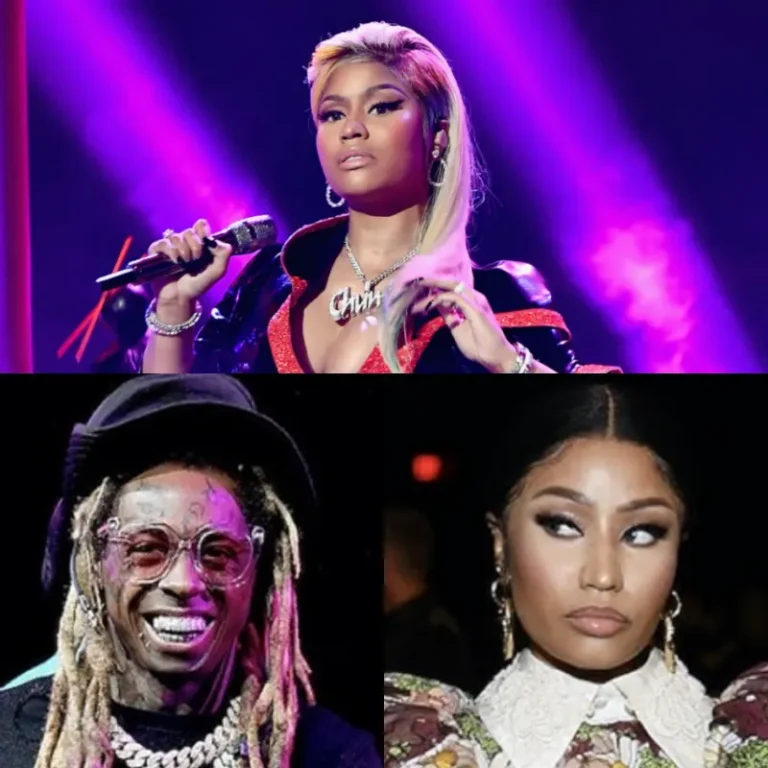
Tyler Perry recently ignited a heated debate after sharing his perspective on how couples, particularly Black couples, should manage their finances and split bills in a relationship. During his appearance on Crystal Renee Hayslett’s podcast Keep it Positive, Sweetie, Perry candidly discussed the dynamics of dating and the financial disparities between men and women in today’s world.
Perry began by addressing a trend he’s observed: Black women often out-earn Black men in many cases. “In our society right now, Black women are making a lot more money than Black men,” Perry noted, acknowledging that while many Black men are successful, Black women are more frequently the primary breadwinners.

He encouraged women to focus on a man’s character and values, rather than his income. “If you can find love, if that man works at whatever job and is a good man… that is OK,” Perry explained, emphasizing that a man’s financial contribution doesn’t determine his worth in a relationship.
Perry’s advice didn’t stop there. He emphasized that, in some cases, a woman might take on more significant financial responsibilities, and that’s acceptable if both partners are comfortable with it. “As long as she’s comfortable enough to say, ‘I’m gonna cover the mortgage, and you pay the light bill,’ that’s fine.” He stressed the importance of mutual respect and support, regardless of income differences.
However, Perry’s comments sparked a wave of reactions on social media. Some critics argued that Perry was encouraging Black women to lower their standards by suggesting they date men who earn less. On platforms like Instagram and X (formerly Twitter), many expressed frustration, claiming that Perry’s advice perpetuates a narrative where Black women are expected to “settle.”

One Twitter user remarked, “Why aren’t we telling Black men to be more ambitious, career-driven, and take care of the home first?” Others echoed this sentiment, suggesting that Perry should encourage Black men to step up, rather than asking Black women to adjust their expectations.
Despite the criticism, some defended Perry’s views, arguing that focusing on a man’s morals and values is more important than his income. For these supporters, Perry’s message about love, respect, and support in relationships resonated, highlighting the importance of emotional connection over financial status.
Perry’s advice has undoubtedly stirred conversation, raising important questions about financial dynamics in modern relationships and the evolving expectations of partnership.



